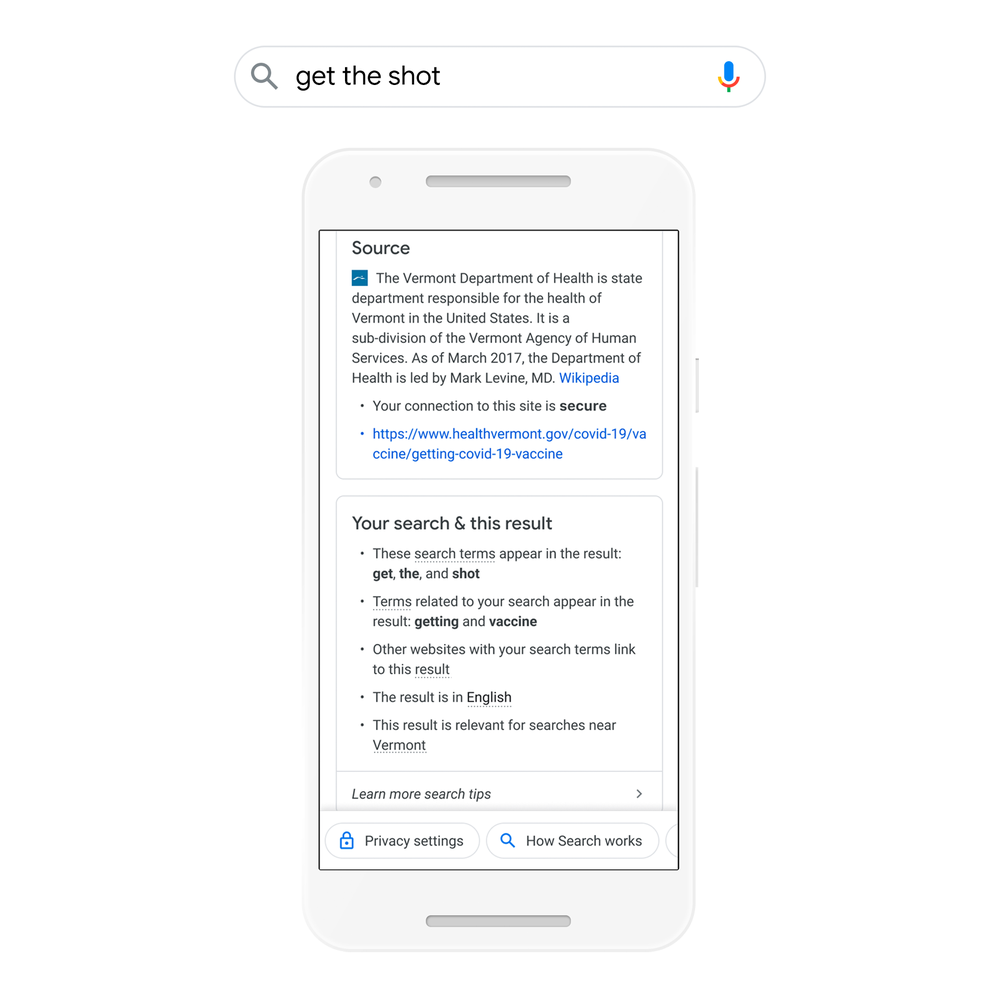Google has started rolling out the latest major core algorithm update to its search engine, according to an announcement from the company yesterday. This update is expected to take approximately two weeks to fully finish rolling out.
In a LinkedIn Post from Google Search Central, the company said:
“Today we released the March 2025 core update to Google Search.
This is a regular update designed to better surface relevant, satisfying content for searchers from all types of sites. We also continue our work to surface more content from creators through a series of improvements throughout this year. Some have already happened; additional ones will come later.”
This is the first core algorithm update of 2025, following the December 2024 core update.
What To Expect
Unlike the last few core algorithm updates, Google has given very little information about what to expect from the latest rollout. This makes it hard to know what areas of search rankings are likely to be most affected by the algorithm update.
That said, Google has given broad advice in the future about what to do if your rankings or traffic see a significant decline following a core algorithm update:
Avoid doing “quick fix” changes (like removing some page element because you heard it was bad for SEO). Instead, focus on making changes that make sense for your users and are sustainable in the long term.
Consider how you can improve your content in meaningful ways. For example, it could be that rewriting or restructuring your content makes it easier for your audience to read and navigate the page.
Deleting content is a last resort, and only to be considered if you think the content can’t be salvaged. In fact, if you’re considering deleting entire sections of your site, that’s likely a sign those sections were created for search engines first, and not people. If that’s the case for your site, then deleting the unhelpful content can help the good content on your site perform better.
For more information about recovering from a core algorithm update, Google suggests reviewing its advice for creating content that is reliable and helpful for your users.




